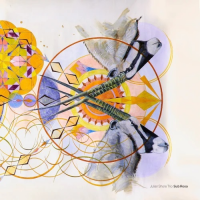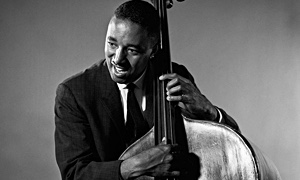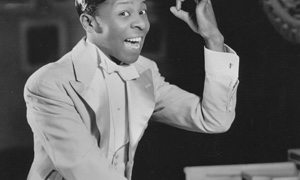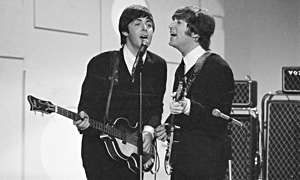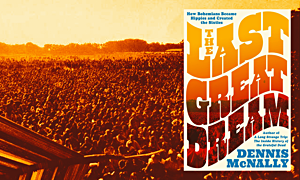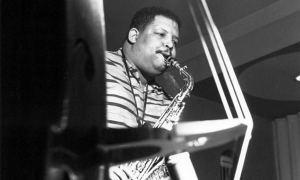Home » Jazz Articles » Book Review » The Silver Snarling Trumpet - The Birth of the Grateful ...
The Silver Snarling Trumpet - The Birth of the Grateful Dead: The Lost Manuscript of Robert Hunter
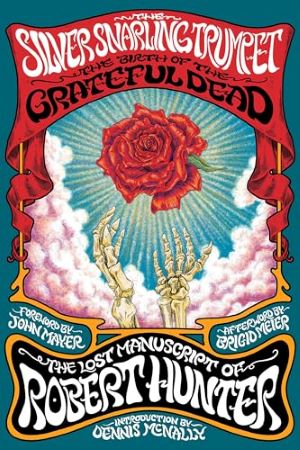 The Silver Snarling Trumpet -The Birth of the Grateful Dead: The Lost Manuscript of Robert Hunter
The Silver Snarling Trumpet -The Birth of the Grateful Dead: The Lost Manuscript of Robert HunterRobert Hunter
256 Pages
ISBN: #978-0306835155
Hachette Book Group
2024
Notwithstanding occasional recordings under his own name and his even more rare live performances, the late Robert Hunter maintained a decidedly low public profile during his extended tenure as lyricist for the

Grateful Dead
band / ensemble / orchestrab.1965
The document remained stored away for some decades before his wife Maureen exhumed the piece and decided the time was right for it to see the light of day. Her decision was fairly astute too, as the passage of time has placed in even sharper retrospect the germination of the axis of ever-widening and deepening influence that became the Grateful Dead (how many cover bands are there?).
Still, The Lost Manuscript of Robert Hunter may only appeal to fans of those psychedelic warriors. That is, unless readers can discern those rare periods in their own lives, within the various communities of workplace, family and friends—or other shared passions like sports or music—that fostered an ineffable group chemistry. Hunter's delineation of the machinations of his coterie of acquaintances are indeed the seeds of such a community (one that, contrary to this narrative, continues to grow exponentially to this day).
Self-effacing as the author remains in his narrative, he still succumbs to the self-satisfied attitude of the group at large, at least in the way he describes their interactions in their favorite hangouts of a coffee shop and a local bookstore. Of course, Hunter's long-time composing partner

Jerry Garcia
guitar, electricAs suggested by its three-tiered title, The Silver Snarling Trumpet -The Birth of the Grateful Dead: The Lost Manuscript of Robert Hunter suffers more than a little for lack of editing. As the author confesses in his 'Note,' he actually rewrote the piece and added to it significantly after its original composition, that approach no doubt the source of excessive parenthetical phrases and rambling discourse. In contrast to his pithy use of language as a songwriter, Hunter was overly partial to his own use of words, at least in this prose.
Consequently, by the mid-way point of the two-hundred ten page manuscript proper, it occurs that Robert Hunter would have better conceived and executed The Silver Snarling Trumpet as a personal journal. Such a format would more clearly framed the significance of such milestones as his first two appearances playing in public with Garcia, not to mention their early foray(s) into use of cannabis, a comical account of which is oddly not assigned any particular profundity.
But that very omission becomes a tacit signal of how this narrative runs aground shortly after. Another interlude rife with surrealistic imagery is not introduced as one induced by substance(s) of note, but it might as well be. And that is also the case with similar segments later on: whether these are all purely dream sequences or artificially induced is not really clear, so these passages suffer for appearing as ostensible non-sequiturs.
Likewise, the interactions between Hunter and Garcia as they ponder the aimless nature of their 'scene' crop up out of nowhere. The two men's abrupt shared epiphany gives the lie to prior realizations about their mutual empathy. Readers deeply conversant in the later creative rapport of the two men might find dubious this apparent schism, while even those lacking historical knowledge of the duo's subsequent body of work could find the segment implausible.
And no less so the denouement of the book itself as it plays out. The dispersal of the members of the 'scene' comes tempered with bittersweet thoughts of the camaraderie these diverse personages had developed. The contrast is no less jarring as it follows episodes recounting the author's own bitter state of mind at the time; his self-loathing and resentment based on his perceived stasis in life is an ennui so deep and abiding it invades his dreams in the most garish manner.
As it turns out, at least in Robert Hunter's mind, there's little sense any reunion will occur once the group has parted, least of all one that would take such miraculous form as the Grateful Dead and its multiple offshoots (sound equipment, musical instruments and operational innovations such as concert ticketing). Yet two prominent members of this inner circle, Willy Legate and Alan Trist, would come to contribute to the management and operation of the bands' various enterprises in later years.
In the end, the profundity to be gleaned from reading The Silver Snarling Trumpet is fleeting at best. Robert Hunter's insightful comprehension of the essence of Garcia's charisma appears early in the tome, but, like ensuing exercises in self-reflection, remain mere seeds of thought far from flowering (in contrast to the images of roses in progressively full-bloom at the head of each chapter).
The paucity of such enlightening moments in the overall sequence of events labeled The Birth of the Grateful Dead is thus comparable to that of a fair-to-middling performance by the iconic San Francisco-based band, that is, an experience worth cataloging, but not necessarily assigning great weight in the context of the principals' overall body of work.
Accordingly, band biographer/author Dennis McNally's measured tone for the 'Introduction' is more in keeping with the impact of this content than the borderline hyper-enthusiastic air radiating from the 'Foreword' by

John Mayer
guitarb.1977
The Lost Manuscript of Robert Hunter certainly hints at the versatile grasp of vocabulary that the writer honed to such scintillating effect in the years to follow, Ultimately, however (and most unfortunately), it is but a vague indicator of his future expertise as a wordsmith.
Tags
Comments
About Grateful Dead
Instrument: Band / ensemble / orchestra
PREVIOUS / NEXT
Support All About Jazz
 All About Jazz has been a pillar of jazz since 1995, championing it as an art form and, more importantly, supporting the musicians who make it. Our enduring commitment has made "AAJ" one of the most culturally important websites of its kind, read by hundreds of thousands of fans, musicians and industry figures every month.
All About Jazz has been a pillar of jazz since 1995, championing it as an art form and, more importantly, supporting the musicians who make it. Our enduring commitment has made "AAJ" one of the most culturally important websites of its kind, read by hundreds of thousands of fans, musicians and industry figures every month.





 Buy Now
Buy Now




